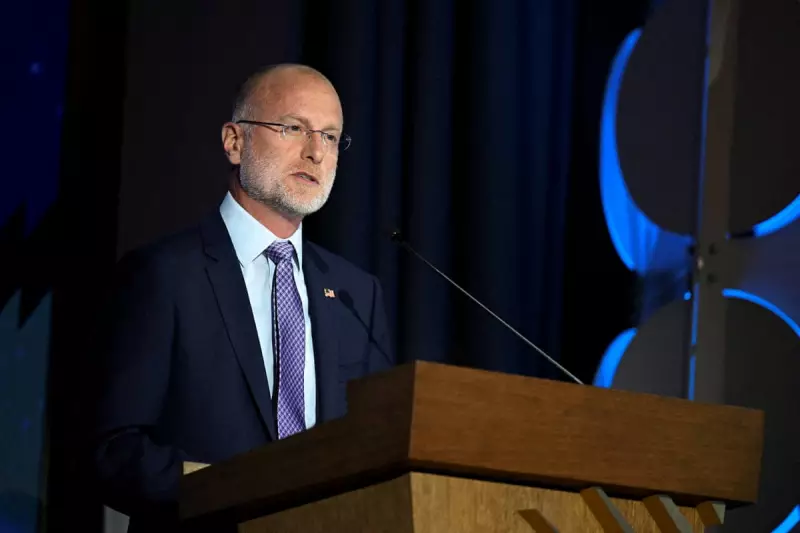
In a dramatic escalation of tensions between US regulators and entertainment media, FCC Commissioner Brendan Carr has launched an extraordinary demand for Jimmy Kimmel to disclose which networks carry his show, raising serious questions about free speech and government overreach.
Regulator Takes Aim at Late-Night Television
The Republican commissioner's unprecedented move comes after Kimmel used his platform to criticise Carr's political stance, prompting the regulator to question whether the comedian's programme should be subject to federal oversight.
Carr's office has formally requested that ABC, Kimmel's home network, provide detailed information about the distribution of "Jimmy Kimmel Live!" across various broadcast and cable platforms. The commissioner argues this data is essential to determine if the programme falls under FCC jurisdiction.
First Amendment Concerns Raised
Legal experts are sounding alarms about potential constitutional violations, suggesting Carr's actions could represent government retaliation against protected speech. "When regulators start demanding information about specific programmes because they dislike the content, we're entering dangerous territory for the First Amendment," noted media law specialist Professor Elena Rodriguez.
The controversy highlights growing tensions between conservative officials and mainstream entertainment media, with several high-profile figures facing increased scrutiny from government agencies.
Network Response and Industry Reaction
ABC has yet to issue a formal response to Carr's demands, but industry insiders suggest the network will likely challenge what they view as an inappropriate government intrusion into content matters.
Media watchdogs have expressed concern that the move could establish a worrying precedent, allowing officials to target programmes based on political disagreements rather than legitimate regulatory concerns.
As the situation develops, all eyes remain on how ABC will navigate this unprecedented challenge to its editorial independence and whether other networks might face similar scrutiny from regulatory bodies.





